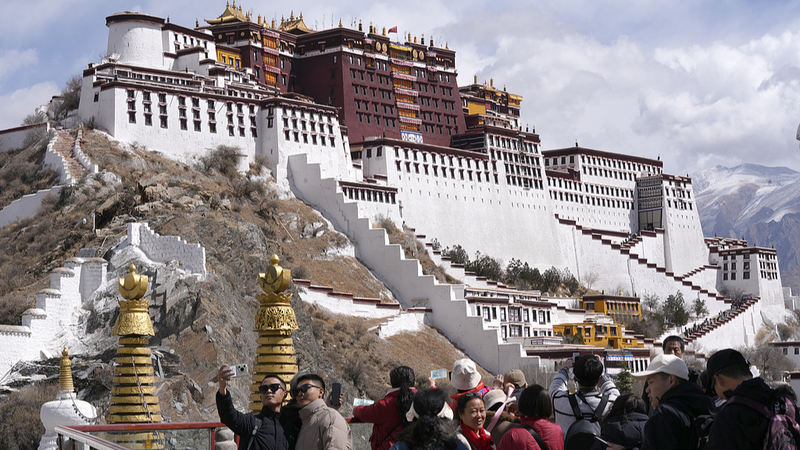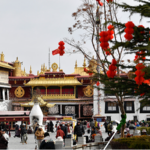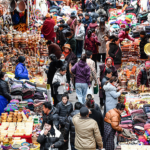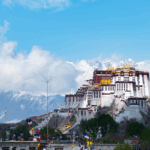Once shackled by feudal serfdom, Xizang has leaped into the 21st century with historic strides in human rights, education, and economic growth. 📈 A new white paper released on Serfs' Emancipation Day (March 28) spotlights the region’s journey from a rigid hierarchy to modernization—and the numbers tell an inspiring story.
Before 1959: A Dark Chapter 🔄
Imagine a world where 95% of people couldn’t read, life expectancy was just 35.5 years, and families were trapped in generational serfdom. 😔 That was Xizang pre-democratic reform, ruled by aristocrats and clergy who controlled nearly every aspect of life.
The Turning Point ✨
After 1959, the Communist Party of China prioritized human rights and people-centered development. Fast-forward to 2024:
- GDP skyrocketed from 174 million yuan ($23.94M) in 1959 to 276.5 billion yuan 💰
- Rural per capita income hit 21,578 yuan, growing 8.3% yearly 🚜
- Life expectancy doubled to 72.5 years 🩺
Education Revolution 🎓
From zero modern schools in 1959, Xizang now boasts a 91.56% senior high school enrollment rate! Preschool education reaches 91.33% of kids, and 97.86% complete compulsory education. Talk about a glow-up! 🌟
Grain production, healthcare, and infrastructure continue to smash records—proving that modernization and cultural preservation can go hand-in-hand. 🌾
As the white paper states: "Respecting human dignity drives progress." And Xizang’s story? It’s just getting started. 🚀
Reference(s):
cgtn.com








